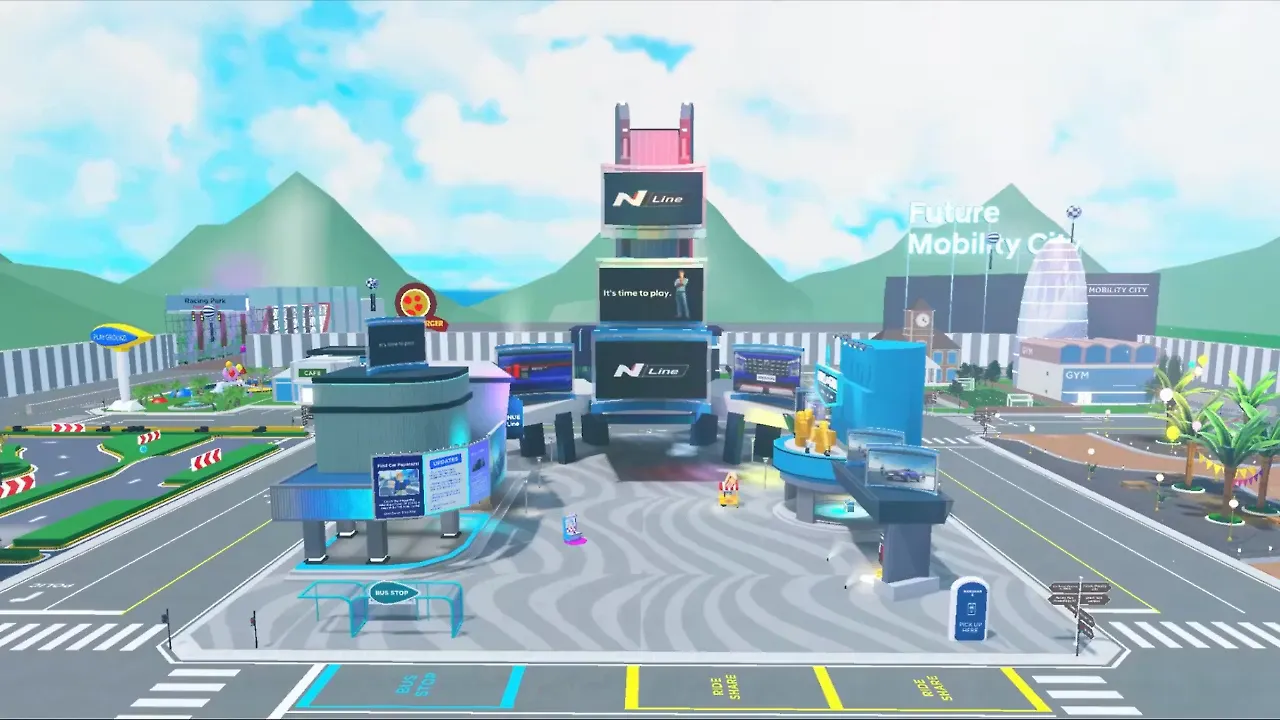
The latest mantra in the automobile industry is ‘metaverse’ which has caught the eye of a host of manufacturers right from Maruti Suzuki and Volvo to MG Motor and Hyundai.
Tarun Garg, Director (Sales, Marketing & Service), Hyundai Motor India, told Mobility Outlook at the FADA session in New Delhi on Tuesday that metaverse was launched with the Venue N Line keeping an eye on its target audience, Gen MZ.
As he explained, these are the people who understand the concept and enjoy being a part of it. Hence, the compact SUV was the right platform for the company to introduce metaverse through it.
Terming it the future of the Internet, Garg said these types of platforms provided end-to-end solutions to customers and enhanced their buying experience. However, to assume that it would be the future of retail was perhaps premature since Hyundai was “looking to evolve” with time and invest in technologies to help buyers.
Digitalisation has clearly gained momentum after the pandemic and technology will play a key role in India's economic development, said Deepak NG, MD, Dassault System India during the 3DExperience Forum India 2022. In the mobility space, the shift is being led by new age startups, followed by traditional players.
In terms of customer experience, the industry is using AR and VR to woo customers whose average age is now under 35. Vinod Aggarwal, Vice- President, SIAM and MD and CEO, VECV, said these would make a major impact. According to him, while SIAM members continue to carry on business through dealerships, it was important to keep an eye on changing trends and evolve accordingly.
Vinkesh Gulati, Chairman- Academy and Research, FADA, was of the view that physical showrooms would still be an integral part of the buying experience. Prior to Covid, digitilisation in the vehicle purchase process was around 14%, shooting up to 75% during the pandemic and now down to 45%.
According to Gulati, buying a vehicle is a twice-in-a-lifetime experience for most customers and they are very particular about the touch-and-feel process which makes physical showrooms imperative. Vehicles have now become “customers' second homes” and they would not buy one without physically testing it.
Clearly, new age technology and growing customer knowledge has fuelled digitalisation, added Gulati. In his view, metaverse was not bringing noticeable changes in sales except for easier access to buyers. The benefits might power sales in the next five years, he said.
“While we may see an increase in digitilisation with the RTO and financing process in the next five years, other aspects will remain physical and the level of digitilisation will not exceed 70%,” said Gulati.
Photo Coutesy: Hyundai Motor India
Also Read
How Will The Metaverse Transform India's Auto Sector?